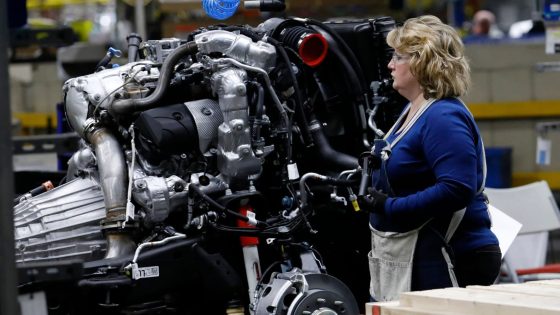The intersection of fashion and politics is becoming increasingly evident in Brazil. On February 6, 2025, experts highlighted how political parties cultivate a strong allegiance among voters, akin to sports fans supporting their favorite teams. But what drives this loyalty? Are voters becoming mere fans of political brands?
- Consumers of politics are the voters.
- Politicians seek devotion and loyalty.
- Political allegiance resembles sports fandom.
- Example of rivalry: Apple vs. Microsoft.
- Brand loyalty influences consumer behavior.
How Political Loyalty in Brazil Mirrors Sports Fandom
Why do voters feel such intense devotion to political parties? The dynamics resemble those of sports fans, where allegiance can overshadow rational decision-making. This phenomenon is not just a Brazilian issue; it resonates globally, as seen in the U.S. political landscape.
The Role of Fashion in Political Messaging in Brazil
Fashion plays a critical role in how political messages are conveyed. Just as brands like Apple and Microsoft have devoted followers, political parties are leveraging fashion to create a sense of belonging among their supporters. This strategy raises intriguing questions about the future of political engagement.
Brand Loyalty: The New Face of Political Support
Brand loyalty is not limited to consumer goods; it’s infiltrating politics. Voters are increasingly aligning themselves with parties based on emotional connections rather than policies. This shift can be illustrated through various factors:
- Emotional engagement through fashion choices.
- Use of symbols and slogans to foster identity.
- Strategic marketing campaigns that mimic brand strategies.
- Social media’s role in amplifying political fashion statements.
Fashion Statements: A Tool for Political Expression
Fashion statements have become a powerful tool for political expression in Brazil. Just as fans wear jerseys to support their teams, political supporters don apparel that reflects their allegiance. This trend highlights the merging of personal identity with political ideology, making fashion a vital aspect of modern campaigning.
Global Implications of Political Branding
The implications of this trend extend beyond Brazil. In the U.S., political branding is increasingly becoming a focal point of campaigns. As voters identify more with the brands of political parties, it raises questions about the future of democracy and informed decision-making. Are voters becoming consumers of politics rather than informed participants?
In conclusion, the intertwining of fashion and political loyalty in Brazil offers valuable insights for audiences worldwide. Understanding these dynamics can help navigate the evolving landscape of political engagement.































